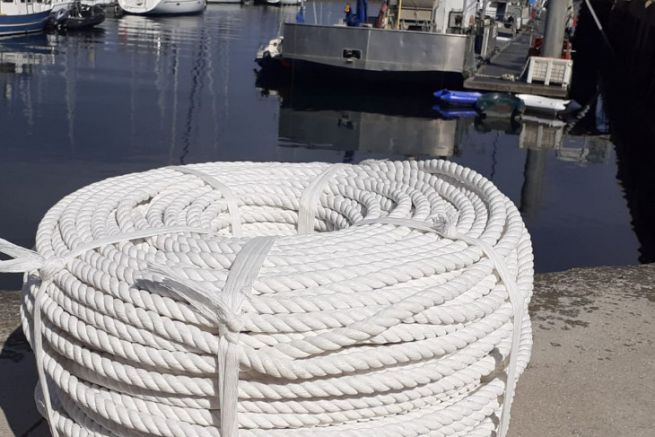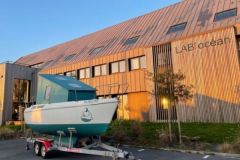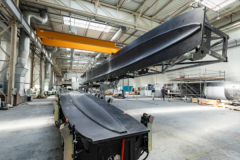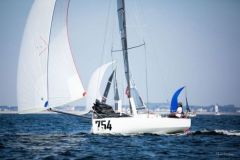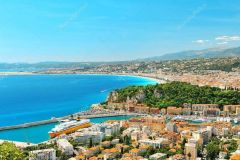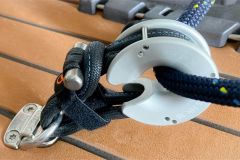Ropes born for aquaculture
The Spanish company Intermas is one of the world's leading manufacturers of extruded mesh. The company based in Barcelona works in particular in the field of aquaculture for oyster bags and or crate netting. It has developed a compostable and biodegradable rope. "The work on the Biorope began with mussel farming. The catinage nets used to protect the mussels are now made of conventional plastic. At the end of their use, they are too dirty to be cleaned and are thrown away. Non-recyclable and single-use, they will be banned within 3 years. So we worked on a biodegradable and compostable material" explains Christian Guyomar, responsible for this market on the European Atlantic coast, based in Brittany.
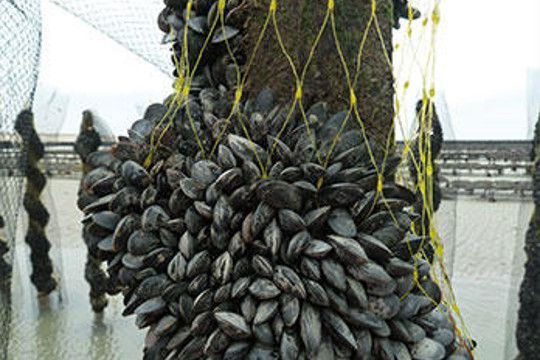
Following the filing of patents on the material and its implementation, Intermas approached rope manufacturers to consider, in a first stage, other applications in the sector through all the dormant elements in fishing and aquaculture.
Compostability on land and durability at sea
The Biorope begins to decompose from 58 degrees in a compost bin on land. It is certified OK-COMPOST. 3 months are enough to completely degrade it. "It is more compostable than pine needles" illustrates Christian Guyomar.
On the other hand, it retains its mechanical properties at sea. Tests on catenary nets show the durability of the material in a marine environment, submerged and emerged. "A hemp end (Editor's note: another durable alternative to plastic) lasts 3 to 4 months when the catenary net will last more than a year and even more for the Biorope end" says Christian Guyomar.
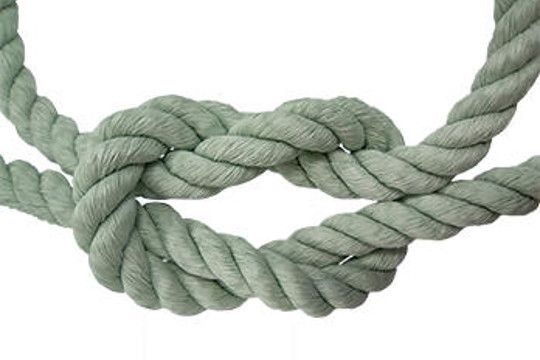
Applications to be tested in the nautical and port sectors
After having introduced it into the markets it masters, Intermas wishes to explore new applications, in partnership with professionals from different sectors. "R&D has been done and the end is there. Now it has to evolve according to needs. We can envisage mixtures of materials, for example," sums up Christian Guyomar. With its negative buoyancy and high elasticity, the biorope tip could find applications in the nautical industry, particularly as a hawser. The mooring of buoys or pontoons for port managers is also conceivable. "If we manage to replace 15 to 20% of the existing synthetic tips, it will already be extraordinary," concludes Christian Guyomar.

